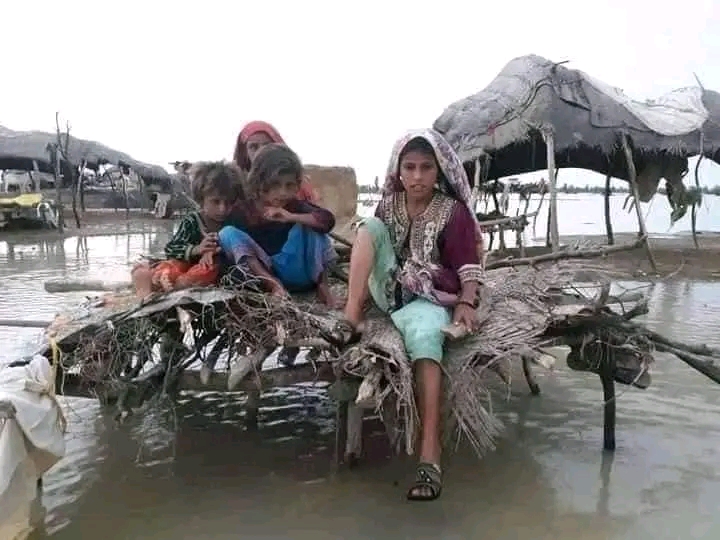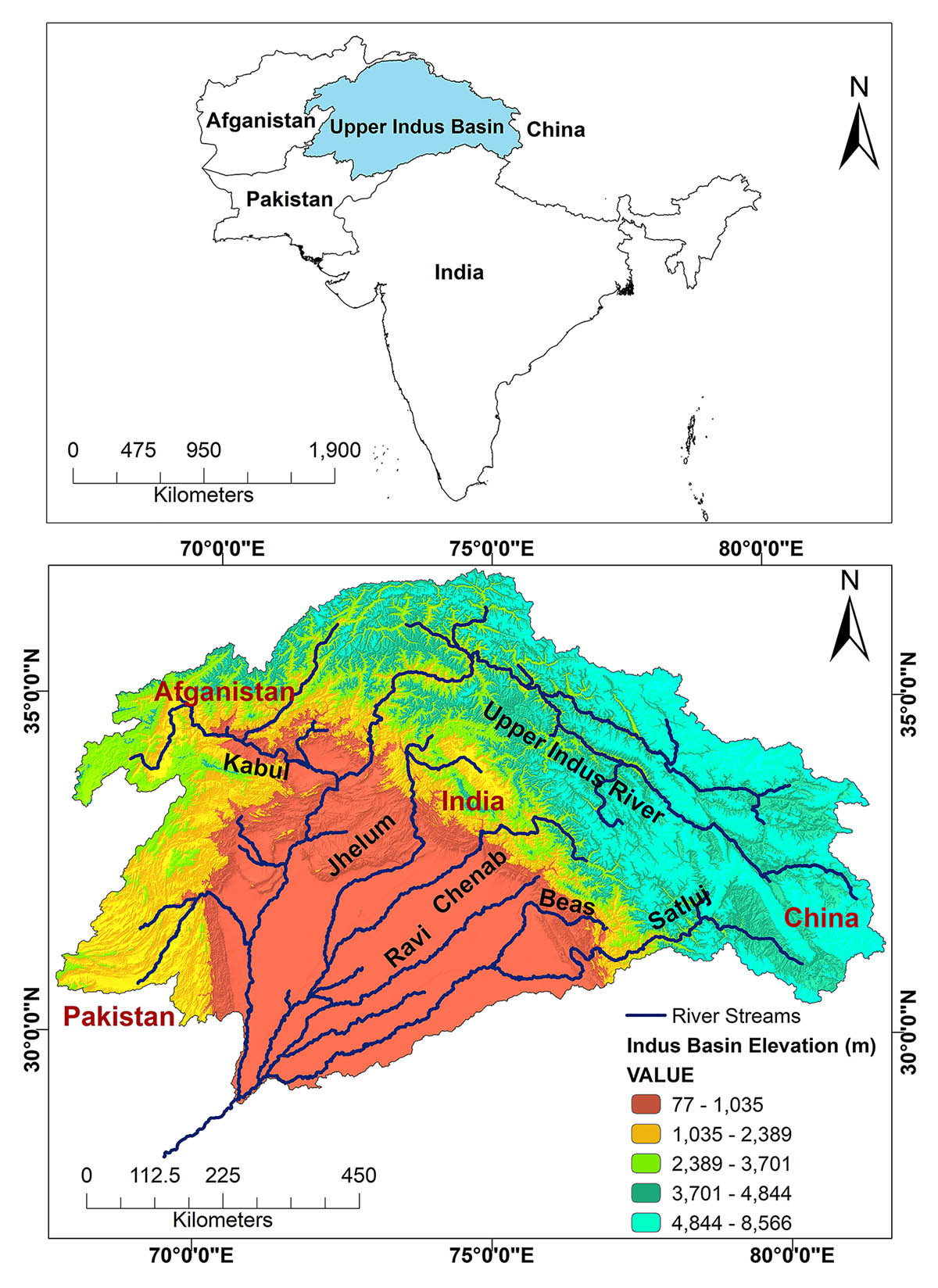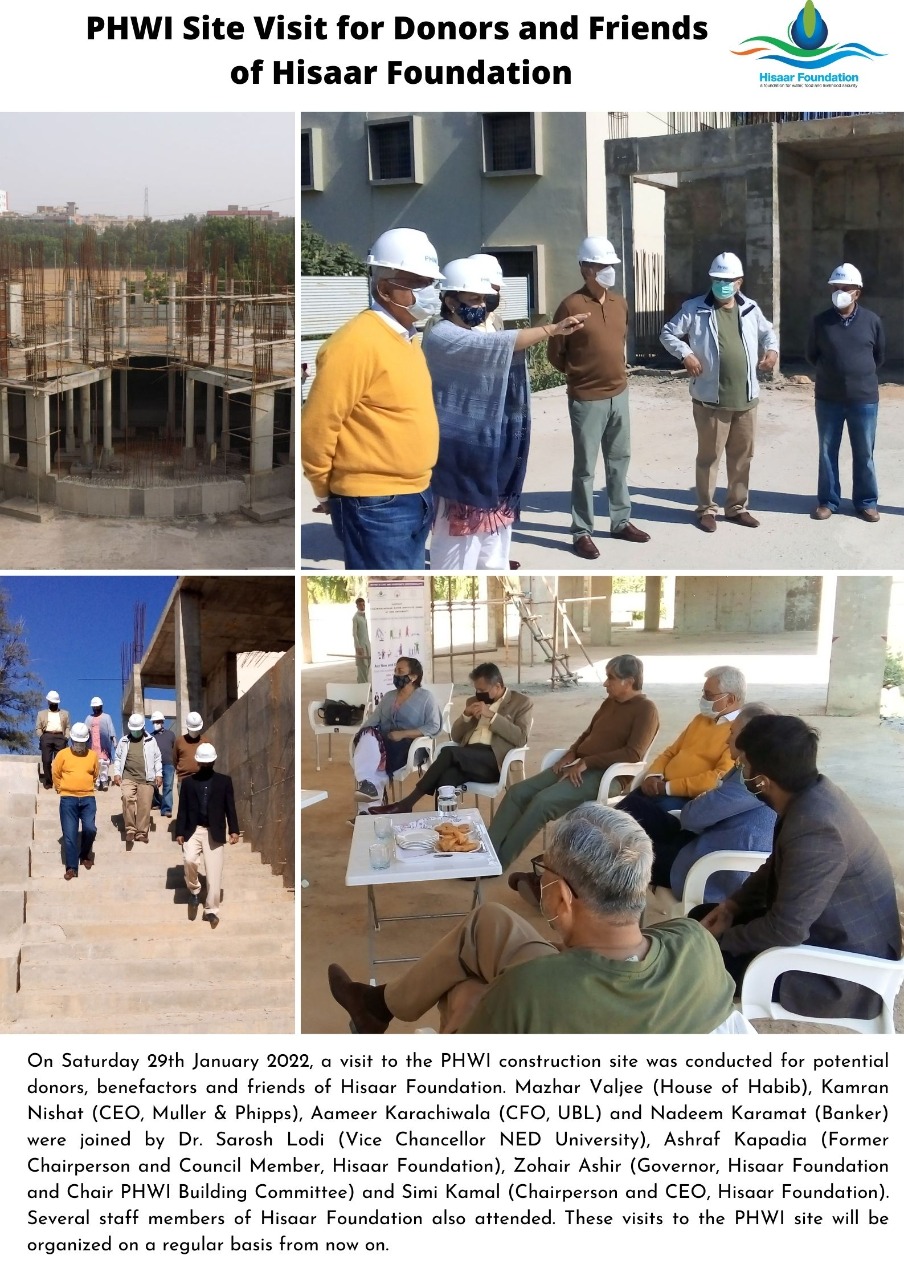5th Karachi International Water Conference
Climate Change and Pandemic: Impact on Water
Rethinking urban water use through the circular economy systems is essential to tackle increased demand for water from various sectors of economy. Water conservation, reuse of water, and recovery of materials from wastewater were discussed at the second webinar of 5th Karachi International Water Conference. Co sponsored by IWMI- Pakistan and WWF -Pakistan, on the 30th Nov 2021, the second webinar, Circular Water Economy in Urban Context, saw experts share strategies for making delivery of water supply and sanitation services more sustainable, inclusive and efficient.
In his key note speech, Dr. Pay Drechsel, Research Quality Advisor, IWMI, Colombo, Sri Lanka shared that globally, 380 billion m3 of municipal wastewater are produced annually and about 28% of the world’s largest cities are heading towards a “Day Zero’’. In such a scenario wastewater reuse offers an important opportunity for climate change adaptation, well-planned water swaps can be a win-win for both, the urban and agricultural sectors.
Dr. Diego J. Rodríguez, Lead Water Economist for Eastern and Southern Africa, World Bank, explained that liner system of water use has high environmental and social costs and we must shift to a circular system to capture the full value of water. Discussing the WICER framework, Dr. Rodríguez stressed that during the design and planning phase the water utilities should view water treatment plants as water resource recovery facilities, where implementing circular economy principles makes economic and financial sense and the utilities benefit by creating additional revenue streams.
Speaking on urban waste water treatment processes in Pakistan, Sohail Ali Naqvi, Sr. Manager/Head Freshwater, WWF-Pakistan stressed on the need to categorize the waste water drains and treat them accordingly rather collectively. The water quality in urban areas should be improved by implementation of Industry specific environmental quality standards. Rui Owase, General Manager Global Division at Daiki Axis Co Ltd. Tokyo Japan shared water and sanitation solution of Johkasou, a Packaged Sewage Treatment Plant from Japan for treatment of gray and back water.
The second part of the webinar featured a panel discussion moderated by Dr. Mohsin Hafeez, Regional Representative Central Asia, IWMI, Pakistan. Ms. Simi Kamal, Chairperson, Hisaar Foundation was of the view that to make treated wastewater a common part of water consumption, we must work on changing mindsets and convince people that treated water is not ‘impure’ or ‘dirty’. Prof. Mahmood Ahmad, Professor of Practice (WIT), LUMS called for a shift in the water management systems to be demand oriented in order to reduce water use. Mr. Umer Karim, Consultant, Water and Agriculture Sectors Development questioned the social cohesion and lack of political will for improving the water management challenges in the metropolitan city of Karachi.
The panel discussions ended with a question and answer session among the panelists on questions posted from over 200 online participants on various digital platforms. Concluding the event Dr. Mohsin highlighted policy making and lack of the appropriate incentives and regulatory framework as a major challenge for water management. The webinar series was sponsored by Engro Foundation and there are two more webinars scheduled to take place in Dec 2021.




